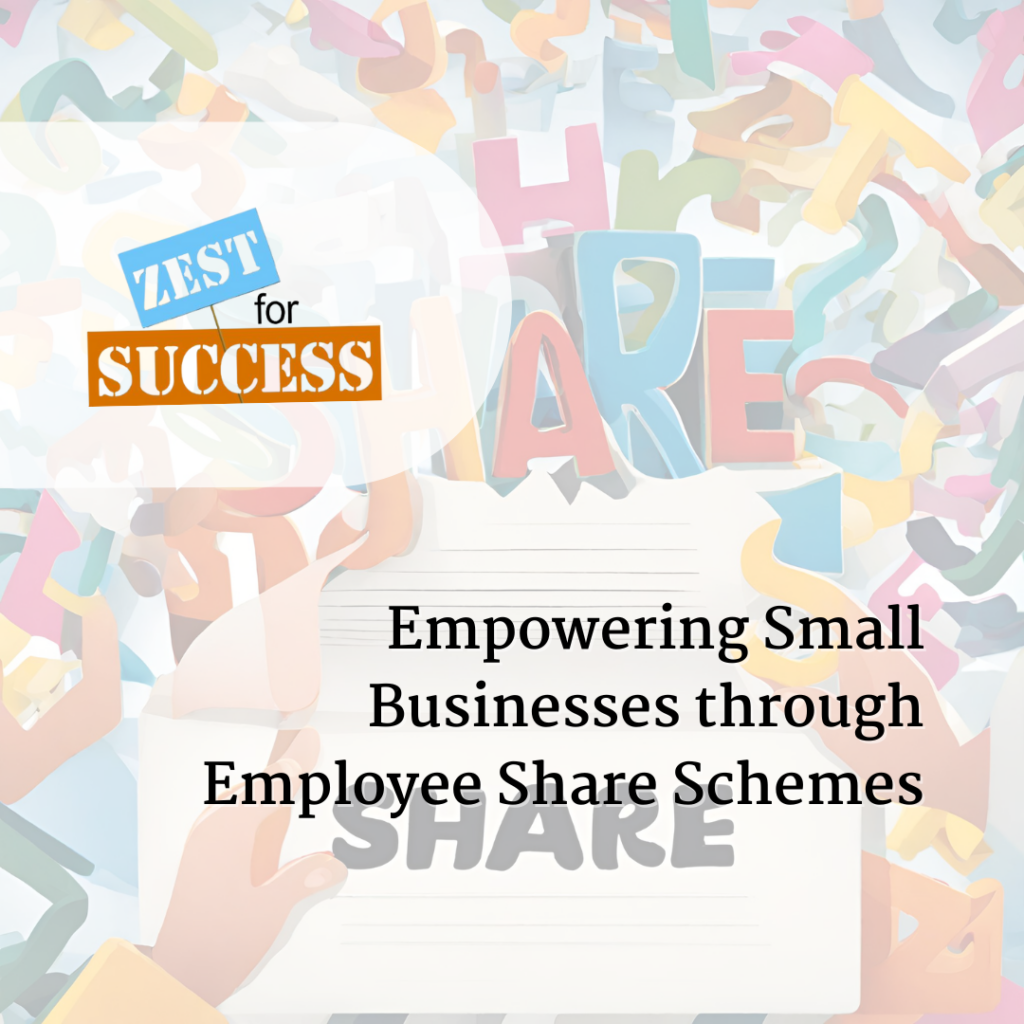Have you ever wondered how big corporations retain top talent and motivate their employees? One effective strategy that has been gaining popularity even among small businesses is the Employee Share Scheme (ESS). In the past, ESS was considered a privilege reserved for large corporations, but thanks to recent government rule changes, it is now accessible to startups and smaller enterprises. Let’s dive into the world of employee share schemes and explore how they can benefit your business.
- What is an Employee Share Scheme?
An Employee Share Scheme is a unique compensation model that allows employees to own shares in the company they work for. Instead of receiving traditional bonuses or incentives, employees have the opportunity to invest in the company’s future success. This arrangement aligns the interests of the employees with those of the business, fostering a sense of ownership and commitment among the workforce.
In the past, employee share schemes were primarily associated with large corporations, such as banks and mining companies. However, recent changes in regulations have made it significantly easier for small businesses to implement ESS. This means that startups and companies less than five years old can now utilise this powerful tool to attract and retain top talent.
- How Does an Employee Share Scheme Work?
In essence, an employee share scheme involves a share equity swap between the business and its employees. Staff members have the option to accept a reduced wage temporarily, and in return, they are granted company shares. This setup allows businesses to incentivise their employees without incurring additional costs.
For employees, participating in an ESS can be an exciting prospect. Not only does it offer the potential for financial gain if the company prospers, but it also strengthens the bond between employees and the organisation. They become more motivated to contribute to the company’s growth and success, knowing that their efforts directly impact their own financial well-being.
- Balancing Risks and Rewards
While employee share schemes have their benefits, they do come with some inherent risks, especially for business owners. By offering shares to employees, you are essentially diluting your ownership in the company. As a result, you need to be willing to part with a portion of your equity to make this scheme work.
Moreover, for an ESS to be successful, employees must believe in the company’s potential for success and growth. If they lack confidence in the business’s prospects, they may not be enthusiastic about accepting shares in lieu of a higher salary. As an employer, it’s crucial to create a transparent and inspiring vision for the company to gain employee buy-in.
- Implementing an Employee Share Scheme
Implementing an ESS requires careful planning and consideration. Before diving into this compensation model, it’s essential to seek professional advice and guidance. There are legal, financial, and administrative aspects to consider, and ensuring compliance with the updated regulations is critical.
For businesses intrigued by the potential of employee share schemes, it’s advisable to seek the assistance of experienced consultants who specialise in this area. They can help design a tailor-made ESS that aligns with your company’s objectives and ensures a smooth implementation process.
In conclusion, employee share schemes are not just for big corporations anymore. The recent changes in government regulations have opened up this enticing option for startups and small businesses. By offering shares in exchange for reduced wages, employers can motivate their workforce, foster loyalty, and create a shared sense of ownership in the company’s success. However, it’s crucial to strike a balance between risks and rewards and to seek professional advice during the implementation process. An employee share scheme, when executed thoughtfully, can become a powerful tool to drive growth and success for businesses of all sizes.

